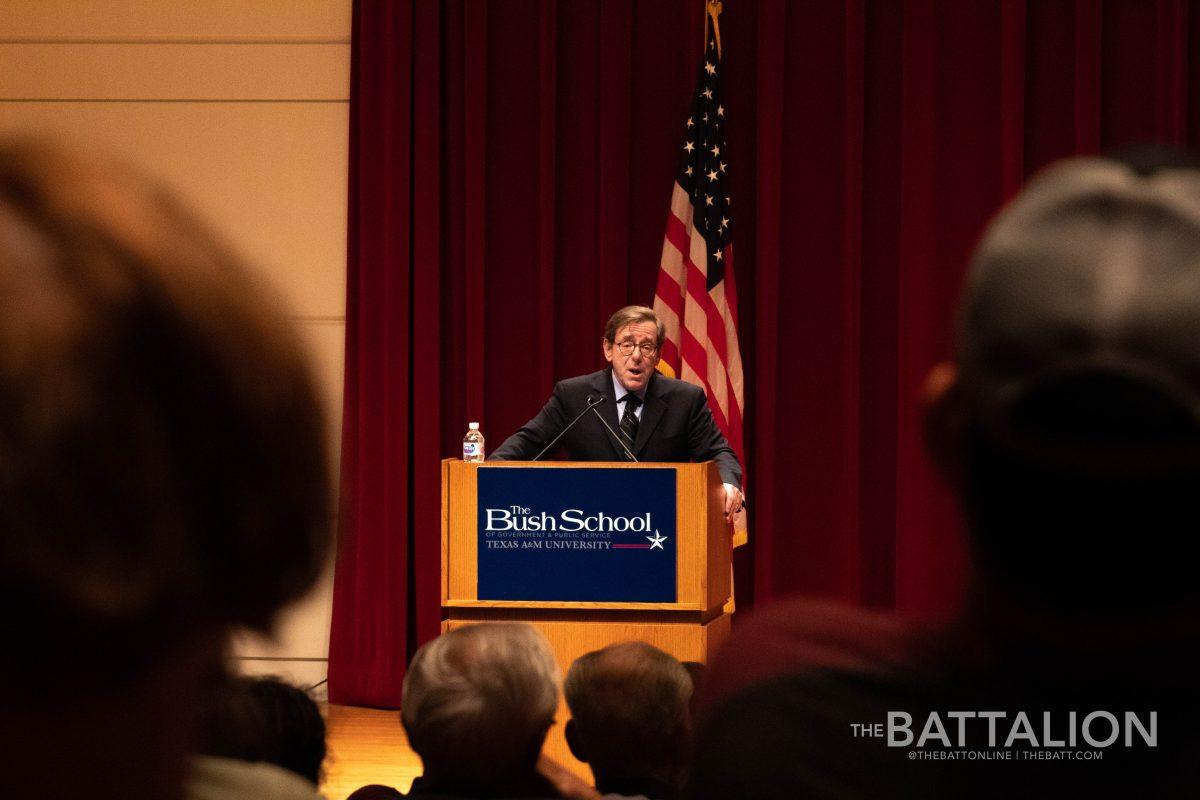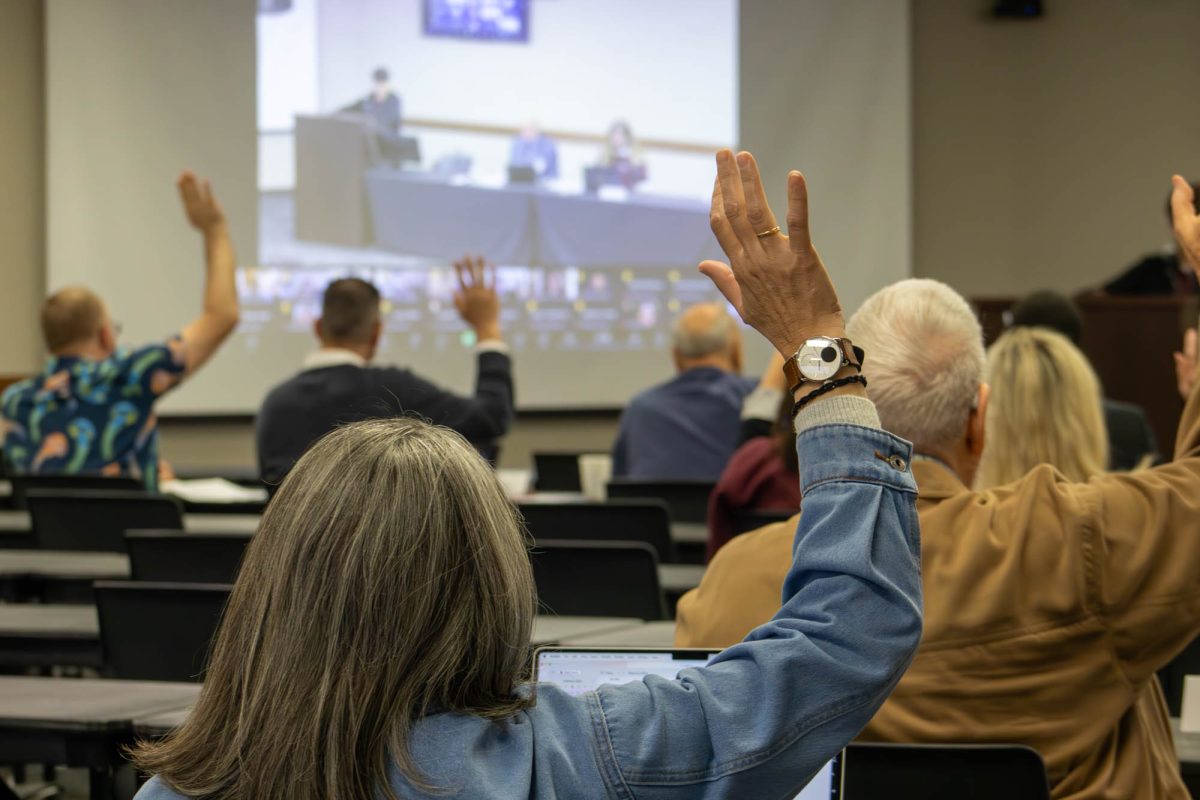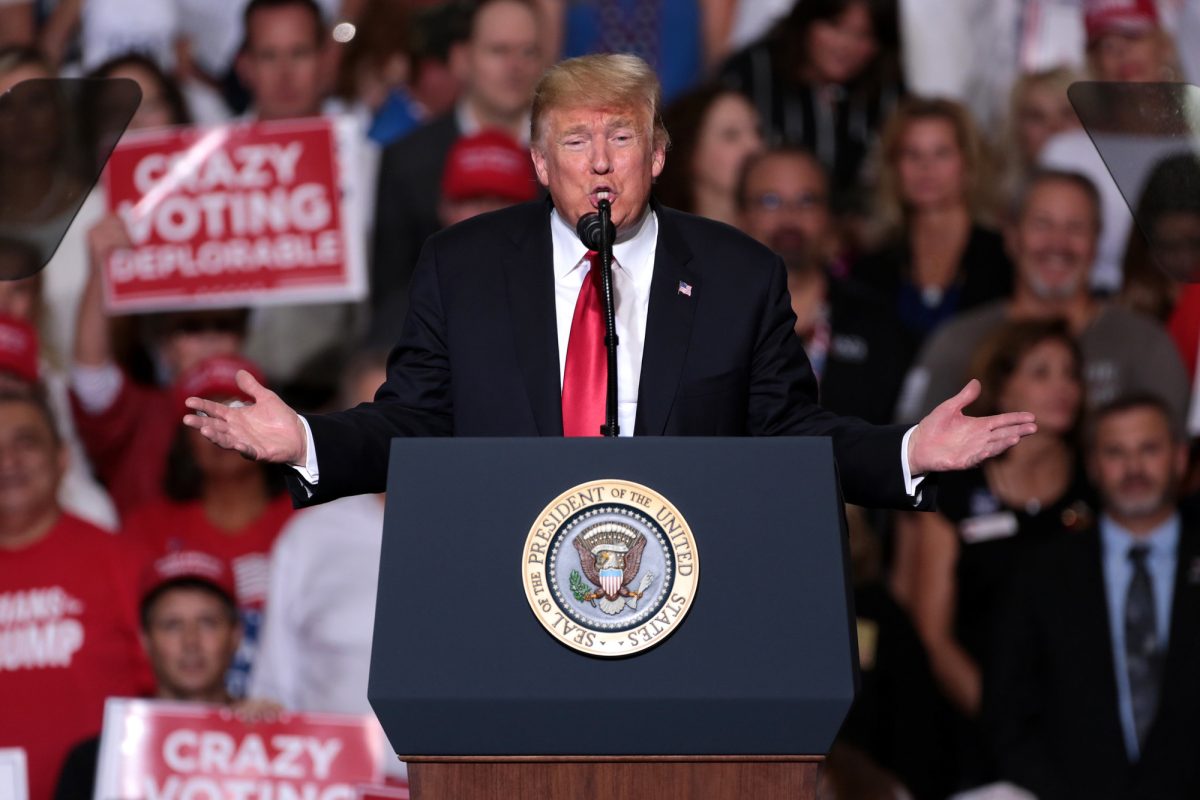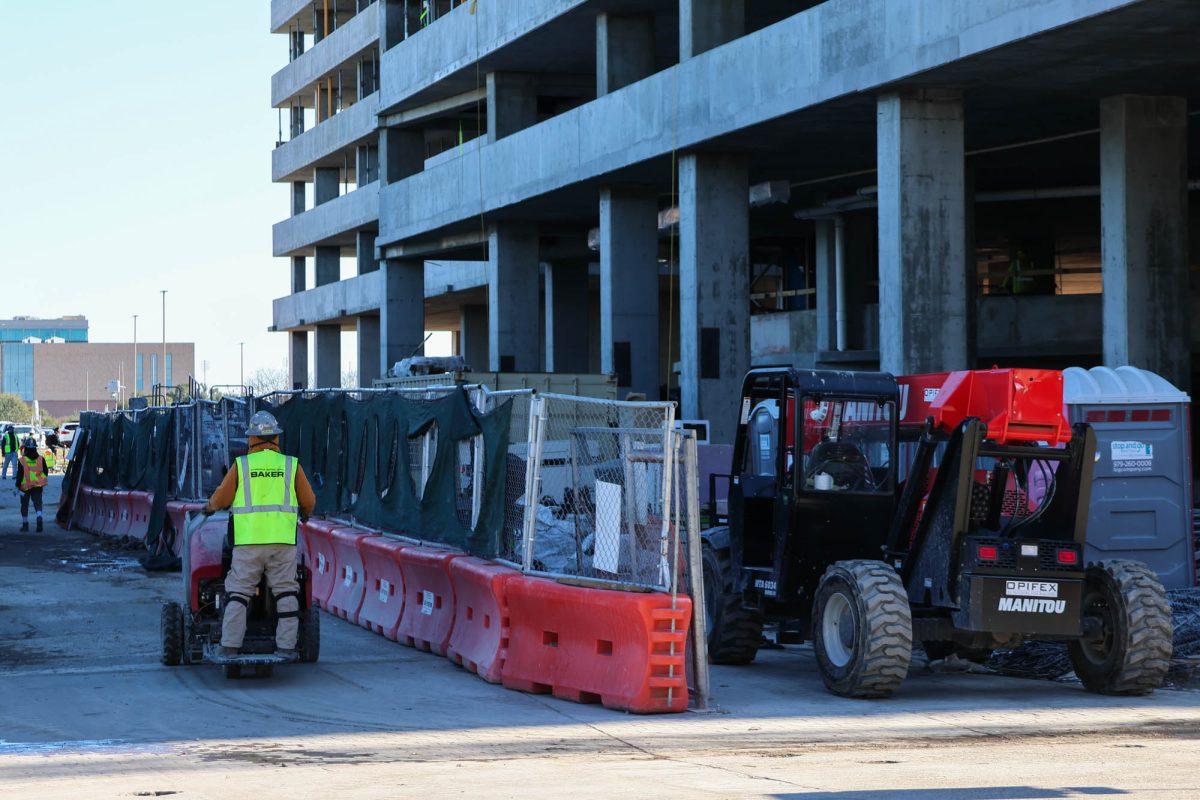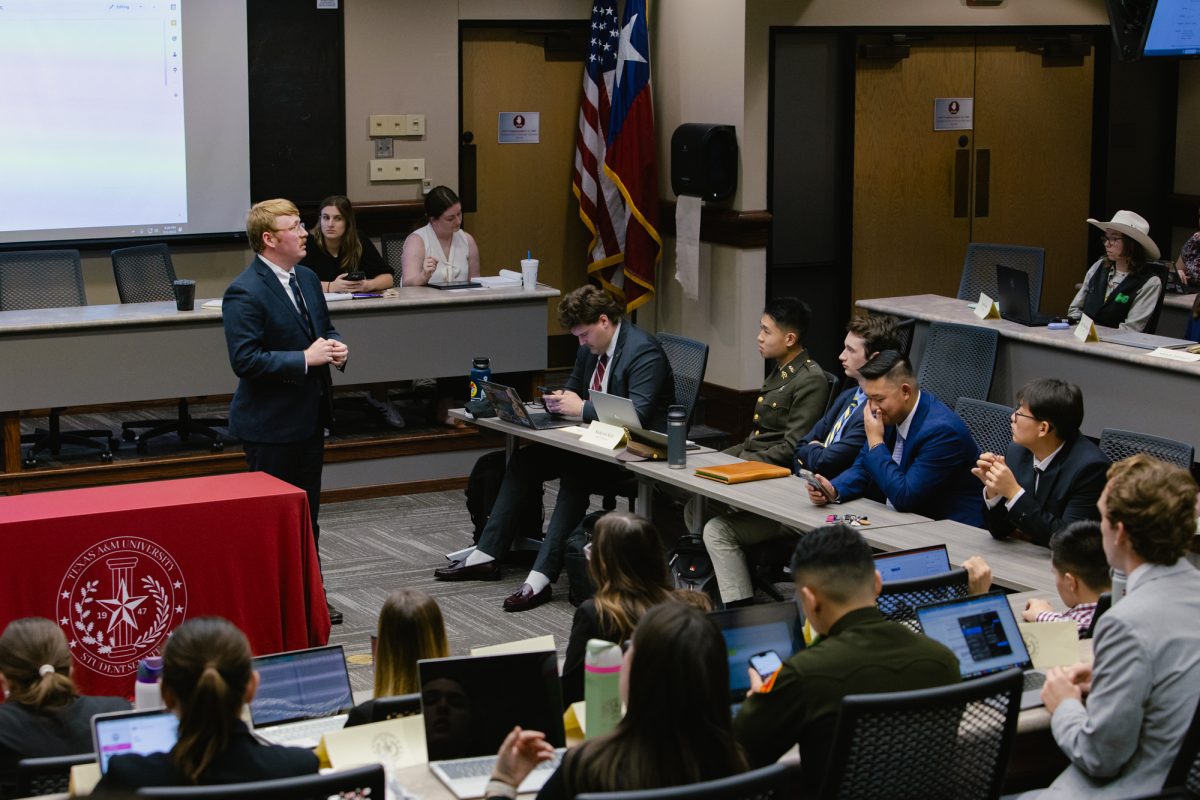Middle Eastern affairs expert Steven Simon delivered a speech at the Annenberg Presidential Conference Center on April 4 on U.S. Policy and the future of Syria.
The lecture addressed the chronological and historical events that brought Syria to its current state, as well as the future of U.S policy with Syria.
Simon served in both the Clinton and Obama administrations on the National Security Council. When he initially began working with the NSC, Simon ran the day-to-day operations of the political-military bureau.
“Going that far back there’s been, at least in the U.S. Bureaucracy, an interest in regime change in Syria that goes back before the Arab Spring,” Simon said. “It was a challenging time because the Arab Spring was unfolding, and there were developments involving Israel and Iran that also required careful management. So the issues were quite interesting and challenging.”
Simon said that under the current administration the focus in Syria seems to be mainly on ISIS, rather than diplomacy or foreign aid of any kind.
“There’s not much about political developments in Syria except an insistence that the flow of reconstruction money depends on there being some change in the political situation,” Simon said. “Currently, the U.S. position is that as long as [Bashar al-Assad] is in his current position, then the United States won’t supply assistance to Syria.”
International Affairs head professor and organizer of the event Gregory Gause said that the stated goal of the United States is to prevent the Islamic State from maintaining territorial control.
“On the other hand, we have a declared policy on not wanting Bashar al-Assad, the president of Syria, to stay in power,” Gause said. “Now the complicating factor, of course, is that ISIS is also against Bashar al-Assad. So we’re against ISIS, and we’re against Assad, but we can’t kind of find a way to make those two policies mesh together.”
Gause and Simon both said that these factors cause the U.S. to have many different policy angles, but they do not provide one straightforward solution to the political atmosphere in Syria.
Sean Bickham, Class of 2017, attended the lecture and walked away with a broader understanding of what the situation in Syria is like and what our country’s stance on it is.
“Syria is a complicated country, and it’s a complicated situation,” Bickham said. “I don’t really see any easy way out for the United States. [There are] so many different interests in it, but it’s very difficult for us to act because [there are] so many things to consider before we do.”
Middle eastern affairs expert discusses political climate in Syria
April 5, 2019
Photo by Photo by Kaylee Cogbill
Steven Simon discussed US policy in Syria, and later engaged in a Q&A discussion.
0
Donate to The Battalion
$1265
$5000
Contributed
Our Goal
Your donation will support the student journalists of Texas A&M University - College Station. Your contribution will allow us to purchase equipment and cover our annual website hosting costs, in addition to paying freelance staffers for their work, travel costs for coverage and more!
More to Discover



